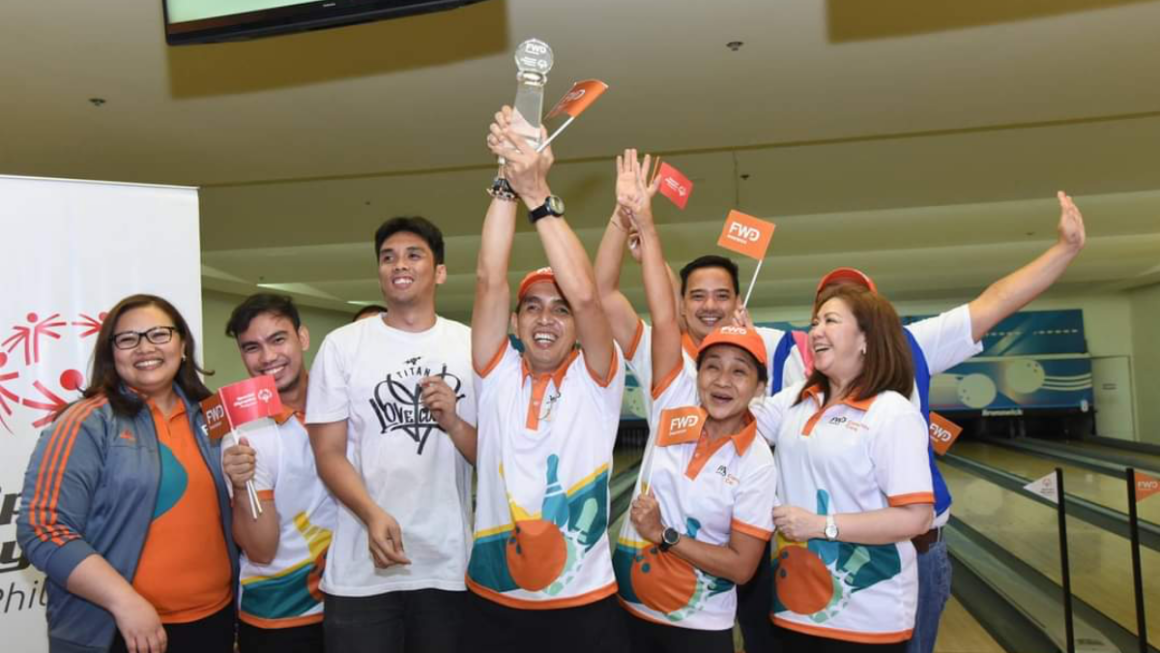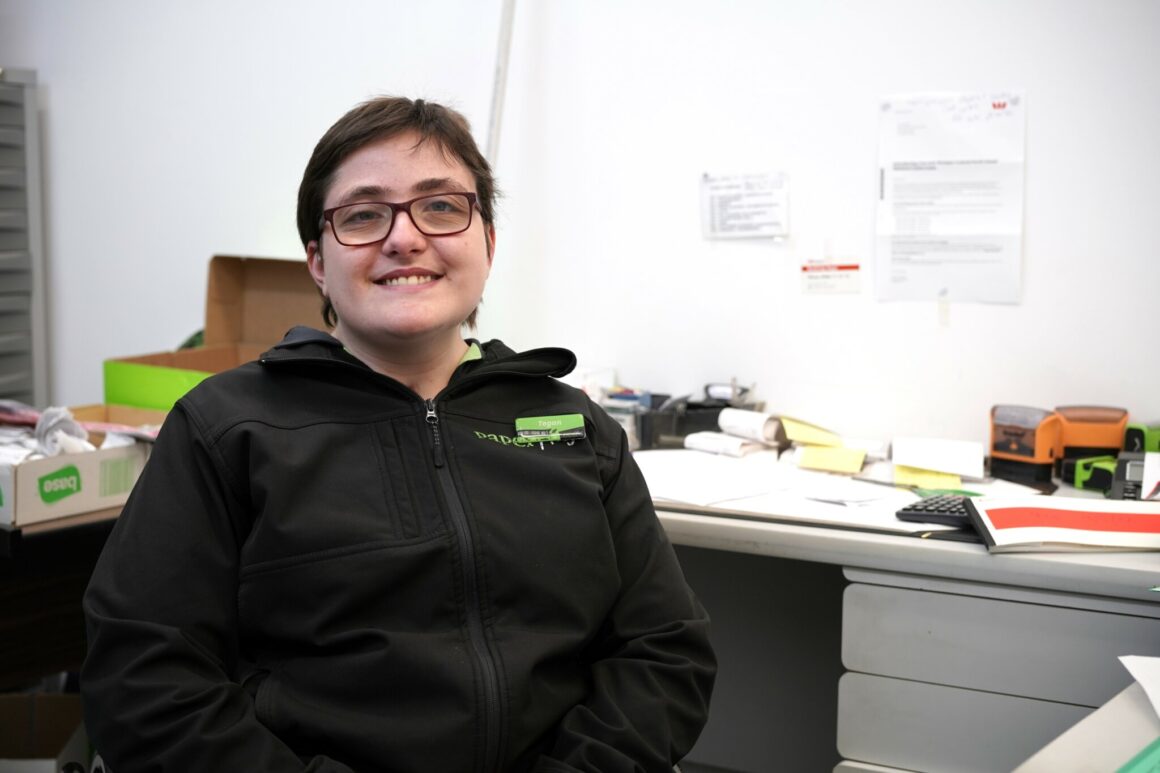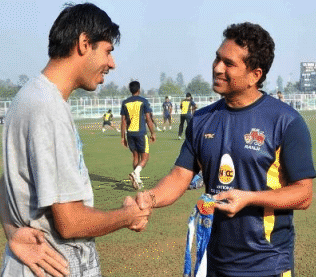More than 64 million young people globally do not have jobs. Around the world, people with disabilities are twice as likely to be unemployed, often being denied equal opportunities for meaningful employment. Finding worth and value, and feeling a sense of pride from what you accomplish every day, is important to almost everyone.
Human Race shines the spotlight on 3 inspiring individuals who have broken barriers – juggling work, play and more – proving that everyone can have it all when given the right opportunities to succeed.
Finding value in employment – Dwight Saldito

Dwight Saldito could not walk or speak till the age of 6. Growing up, his younger siblings made fun of him for being different and slow. It was only at the age of 10, after he joined a group of athletes with disabilities training in sports with Special Olympics, that things changed. On the sports field, he gained friendships, strength and confidence.
Over the years, Dwight has trained in athletics, basketball, football, bowling and table tennis, and even represented the Philippines at several Special Olympics World Games and Regional Games. The confidence he gained through sports empowered him to land a job at the age of 43 with Southstar Drug, a health and personal care retailer.
Being employed brings empowerment. Dwight is now able to afford his mobile phone and an electric bike, while also finding the confidence to speak up and contribute to society. He is now his family’s breadwinner, something that brings him indescribable pride. “Having a job is one of the best things that has happened in my life, and my greatest hope is that more employers all over the world can open their doors, hearts and minds to workers like me,” he says.
Advocating for Equality – Tegan Crotty

Before she sustained a serious right foot injury three years ago, Tegan was swimming up to four times a week. Being a part of Special Olympics helped her realise that she wasn’t alone. While she was the only person in a wheelchair at her school, she was around many people with similar disabilities at Special Olympics. Tegan has spina bifida and hydrocephalus (build-up of fluid on the brain). “Swimming is a great equaliser. In the pool, I’m like everyone else, my disability is nothing,” she says.
Tegan has qualifications in business administration and computing. For over six years, she has worked at Paper Plus, New Zealand’s largest retailer of books and stationery. She’s also been volunteering at the Red Cross charity shop for over 10 years.
With Special Olympics, she has trained as a spokesperson and ambassador, advocating for more inclusive communities and equal opportunities for people with intellectual disabilities across New Zealand. “For me, my disability is a part of who I am, not the entire picture. That came about because of Special Olympics.”
Breaking all barriers – Keshav Malik

Keshav was diagnosed at age 2 with microcephaly, a condition which affected the growth of his brain. The condition delayed his cognitive and physical progress and left him with permanent developmental disabilities. Although he was slower than others in learning certain tasks, he had a gift when it came to sports.
He attributes his success to his father, the first person to observe his sporting inclination. His training with Special Olympics helped him develop discipline and focus in daily activities. In 2011, he represented India in badminton at the Special Olympics World Games in Athens and returned with gold and silver medals.
He became the first special needs athlete to be esteemed with the Bhim Award, the highest sports honour given by the government of Haryana, India. In 2018, he was employed by the state government of Haryana as a coach, a position opened only to those with remarkable sporting talent and performance.
“Today, I try my best to enable my students to turn their passion into reality. Beyond just being their sports coach, I strive to be their mentor and pillar of support,” says Keshav. “I want them to know that there is no challenge too difficult to overcome.”
Meaning and Motivation
Meaningful work empowers people to be a part of something larger than themselves. Every Special Olympics athlete who is employed has reported increased self-esteem due to a daily purpose and contribution to society. They are motivated by the tasks set before them, inspired to do their best possible work.
You can be a part of this movement, to be a better ally to people with intellectual disabilities at the workplace. Find out more by following @humanraceasia and @soasiapacific!











